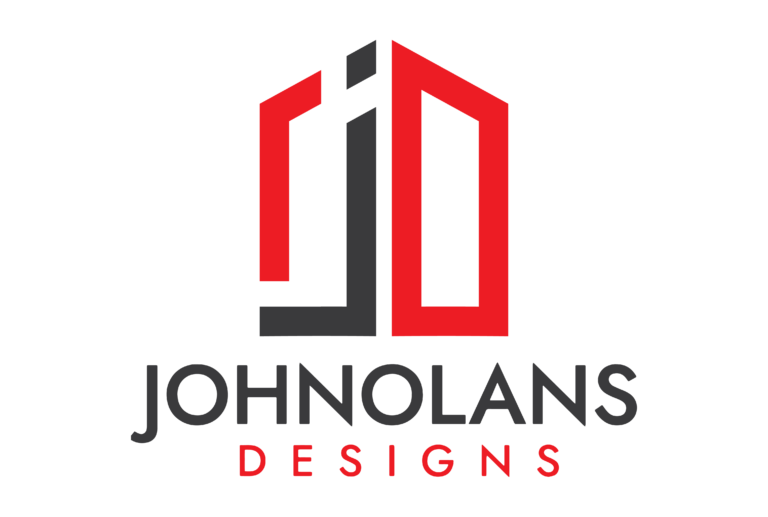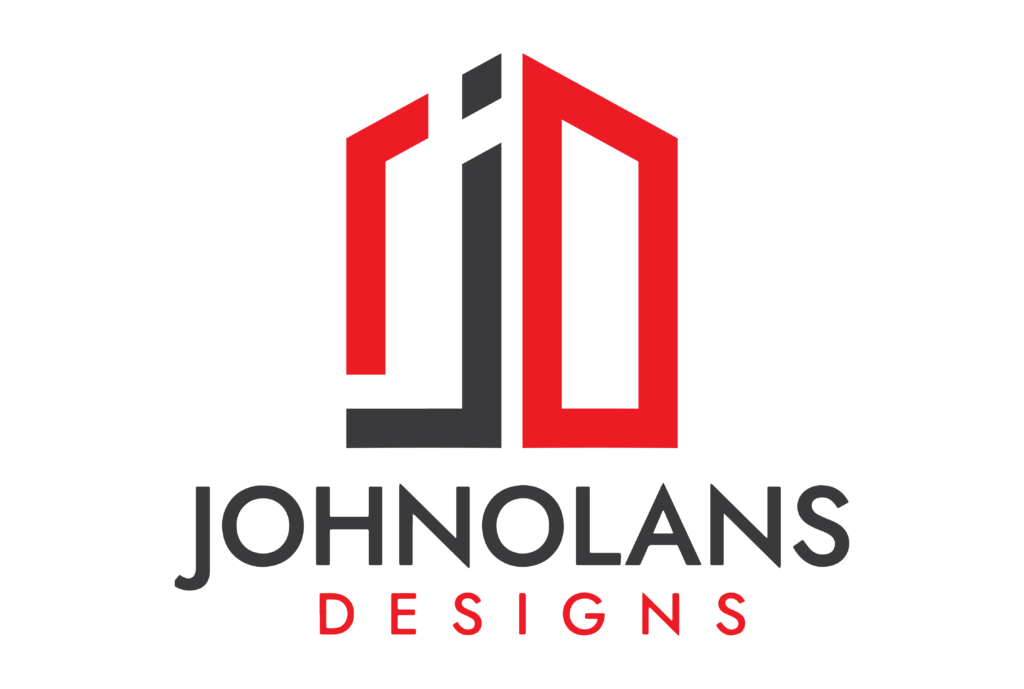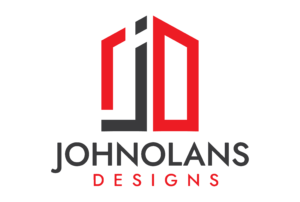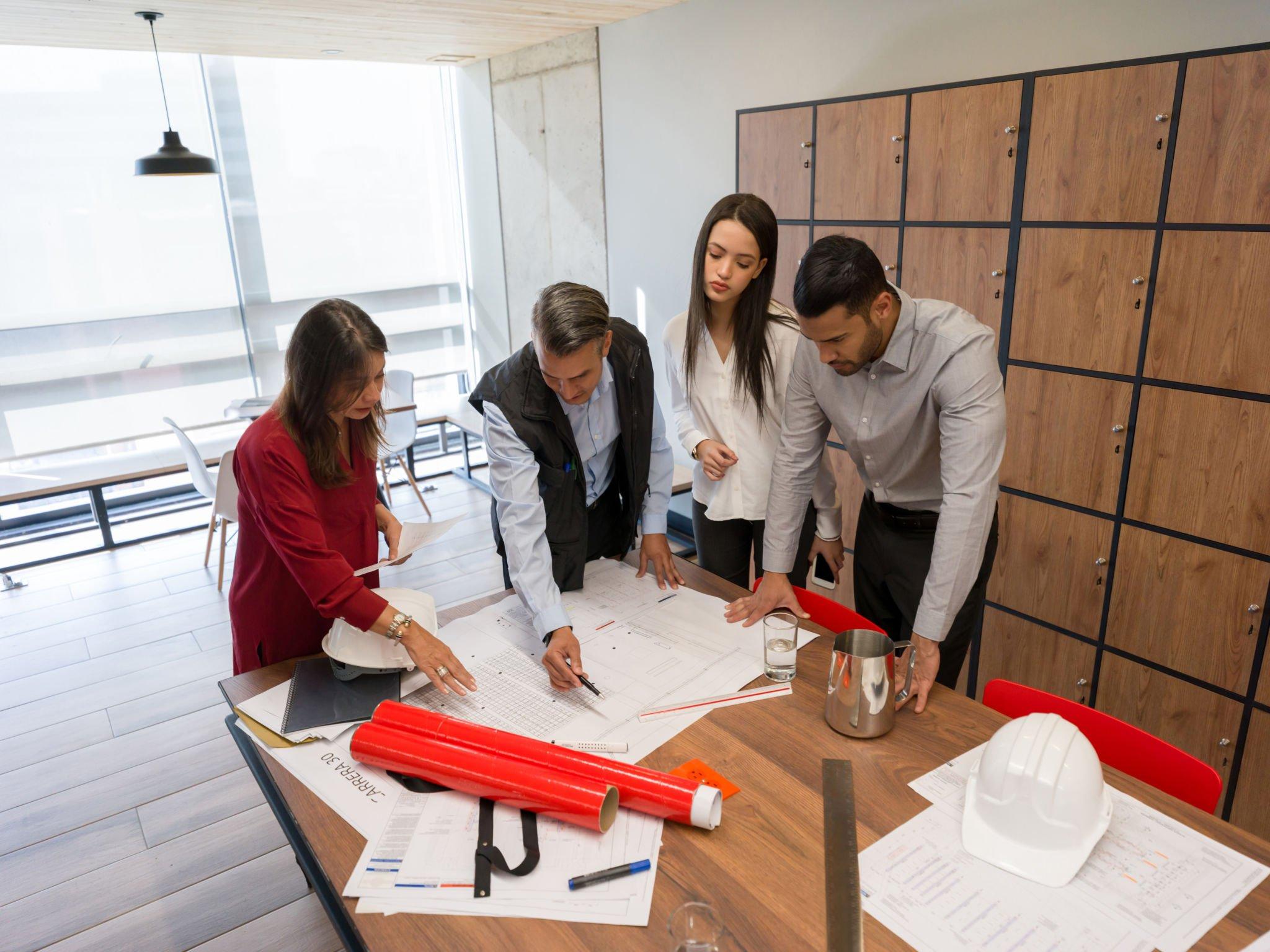It is always a great idea to construct your own home, only that it comes with lots of challenges that should be avoided or at least well anticipated. Here are essential things to look out for before embarking on this journey:
- Setting a Realistic Budget
The very first thing that the owners have to determine when they plan to build a custom home is the viable budget. This budget should include costs of acquiring the land, cost of constructing the building, permit fees, the cost of hiring a designer and other additional expenses that might arise. When the project is well planned, the issue of going over the budget is likely to be sorted out to avoid such incidents. - Choosing the Right Location
This is the reason why location is an important factor when constructing a custom home. Some of the areas that need to be considered include the location with reference to work, school, established facilities and the immediate environment. The following steps should be taken: Investigate the prospects of this area and how it will affect the value and quality of properties in the future. - Selecting a Reputable Builder
Your builder is a key actor in the effectiveness of the project you are undertaking. Don’t rush the building process, make sure to look for several builders and talk to them, also you should check their licenses, working experience and feedback. Choose builders who focus on one-off homes and have examples of their works that would be suitable for you. - Zoning Laws and Regulations Explained
It is useful to study local zoning legislation and construction regulations before the actual construction starts. These laws regulate what one can erect in his property and have impacts towards the spacing, dimensions and height of a house and the proximity to neighboring properties. It is important to adhere to all these regulations to ensure that legal problems are not encountered. - Building for the Day You Will Need It
Consider the future needs when laying down the home design. Think about how your family may expand or evolve and whether it will include a change in the required space. This increases functionality of the home and its adaptability to changes that may be required in future hence making it more comfortable. - Planning for Energy Efficiency
Sustainable homes are also efficient when it comes to energy consumption hence making them economical in the long run. Integrate features like efficient insulation, low-e windows, and up-to-date heating and cooling systems. It is advisable to rely on green energy such as solar power to change the impact and bills you pay. - Considering Resale Value
Still, it will be unwise to ignore the issue of the house’s resale value even if you intend to live in the custom home for many years. Make your home neutral, which makes it easier to sell later, ensure that you use timeless design and floor plans. Do not use elements too specific to the target market since not everyone in the market would be interested in such products. - Securing Financing
It is very important to note that getting a loan for a custom home may be a little bit more complicated than getting one for a standard home. Investigate more on construction loan financing for residential halls and be conversant with the modalities of the loan. Liaise with your financier so that you make available adequate funding for the project at each of these phases. - Managing the Construction Timeline
In essence, having a custom home constructed requires the synchronizing of one task with the other and the schedule. Ensure that you consult your builder and agree on the construction schedule and the reasonable goals and targets. Introduce and adhere to checklists that should be used to track the project’s progress and identify any hold-ups. - Preparing for Unexpected Costs
As much as one may prepare, it is always possible to encounter other expenses during construction. It is advisable to create a contingency budget of about 10-15% of the total amount of the plan you have drawn. This financial reserve will enable you to mitigate for such emergencies while at the same time maintaining the standard of the home.
Custom home construction is a noble project that involves huge capital and therefore proper planning and evaluation should be done. By keeping these important points in mind, one is better placed to go through the process uneventfully and get the desired home. If you’re looking for expert help with your next project, please email us at info@johnolansdesigns.com. We look forward to helping you with your next design and drafting needs.



